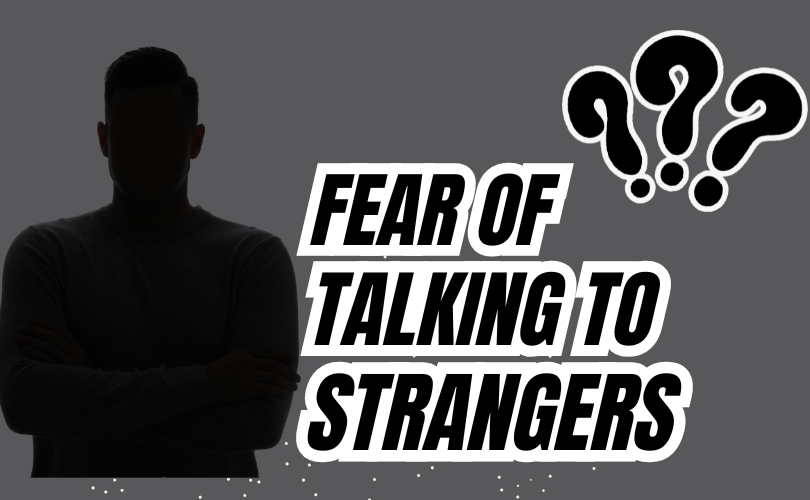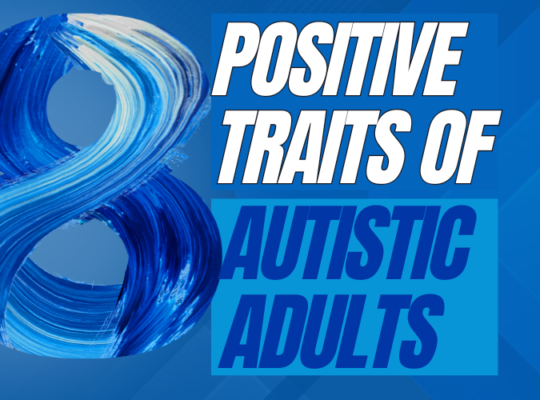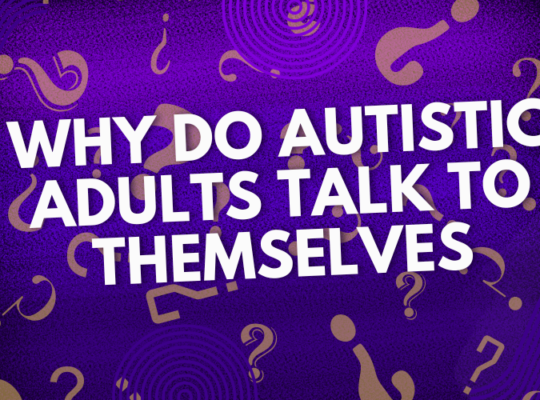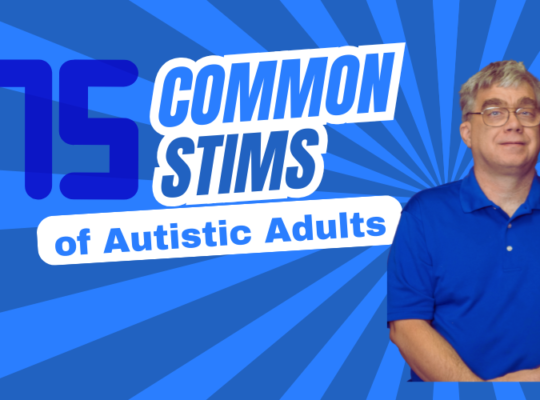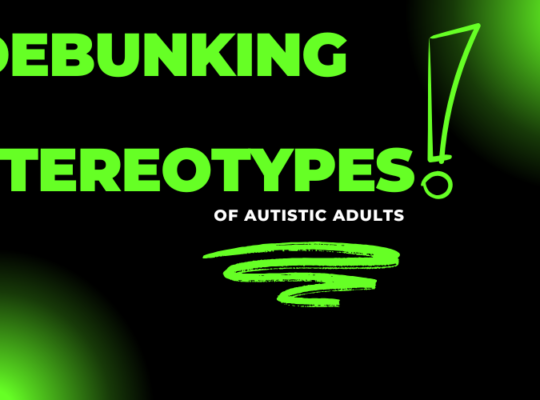Are you uncomfortable or afraid of talking to strangers? You ae not alone. According to research, while only an estimated 7 to 13% of Allistics experience a fear of talking to strangers, an estimated 50% of Autistics experience social anxiety which often includes a fear of talking to strangers.
It is a fact that Autistic adults often experience a significant fear of talking to strangers. Our fear is due to social anxiety stemming from challenges in understanding social cues, difficulty initiating conversations, and a heightened sensitivity to potential judgment in new interactions, which can be amplified by the need to “mask” our autistic traits in social situations.
Our fear can significantly affect our ability to participate in social activities
3 causes/contributing factors to our fears:
Challenges in social interaction.
Autistics often experience difficulties in understanding social cues, interpreting facial expressions, understanding the nuances of conversation, engaging in reciprocal conversations including formulating appropriate responses can make initiating conversations with strangers daunting,
Sensory Sensitivities
Some of us on the spectrum experience sensory overload in crowded environments, which can escalate our anxiety in social situations.
Fear of judgement
Many Autistics, including myself, worry about being perceived as “different” or “weird” by strangers can deter us from engaging in conversations with others.
There are several strategies that can help us overcome our fear of talking to strangers.
Pursuing therapy and support including (CBT) Cognitive Behavioral Therapy can be beneficial in managing anxiety related to social interaction including talking with strangers.
Social skills training is another approach to overcome our anxiety of speaking with others. Structured programs designed to teach the skills needed to effectively and effortlessly communicate socially can help you build confidence in social situations
Use of communication strategies, including the utilization of visual aids or prepared phrases and/or scripting can help reduce anxiety by managing the flow of the conversation.
Self-advocacy may be one of the best ways to reduce the anxiety when conversing with others, especially strangers. In this scenario, it is suggested that you be open about being Autistic and explain the challenges you encounter to others. By sharing that you are Autistic with others, that simple act can foster understanding and support from the other person.
Regardless of which of the above strategies you choose to try, it is important for you to gradually expose yourself to interactions with strangers with the goal of making your next interaction with a stranger a bit more challenging that your last interaction.

